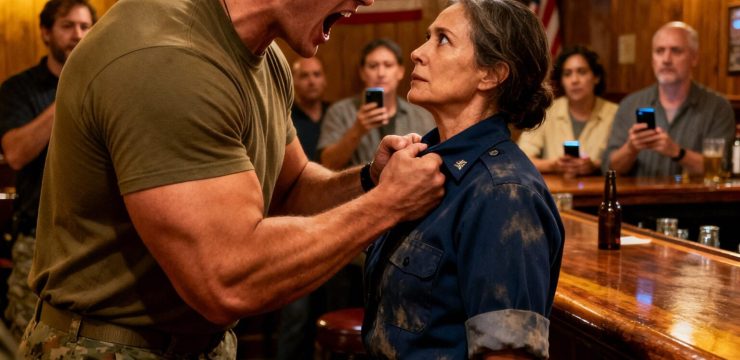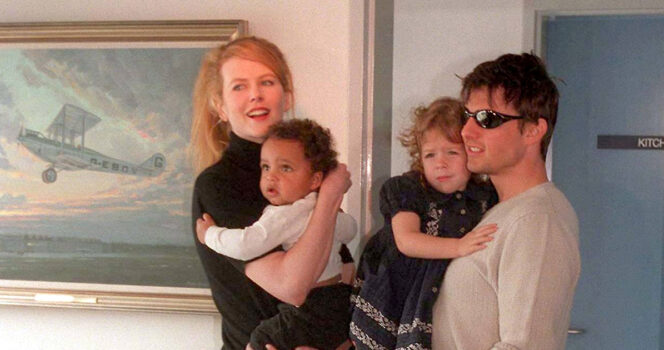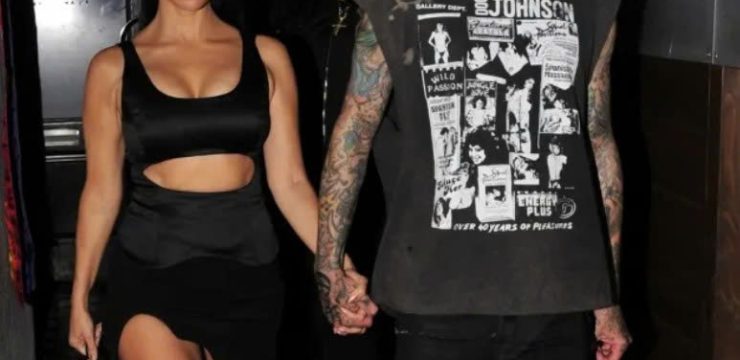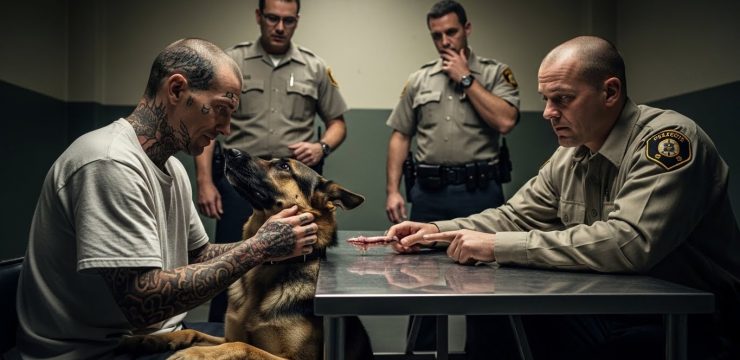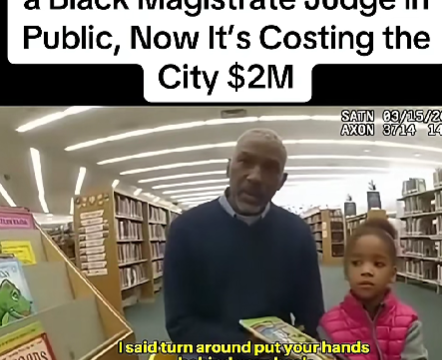I used to think I understood silence, especially growing up alongside my brother Keane, who never spoke a word. You learn to read the quiet when you live with someone like him—how his eyes flicked toward the ceiling fan when he was content, how he lined up pencils by shade and length before starting his homework, how he smiled not at people but at clouds. Patience either grows in you, or you fake it enough that it becomes second nature.
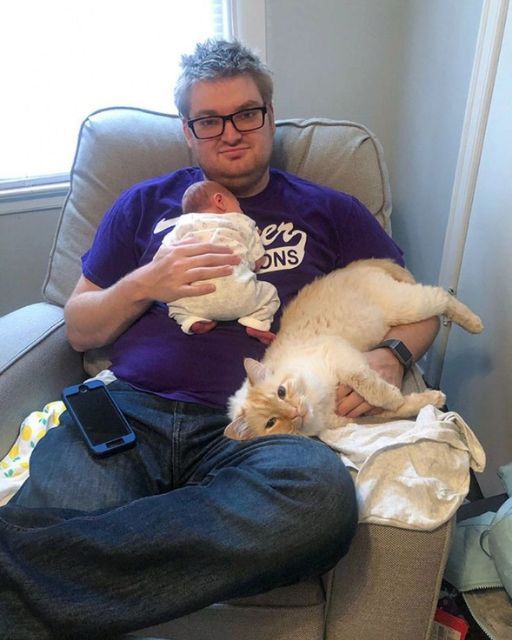
Keane was diagnosed with autism when he was three, and I was six. I can’t remember the exact moment our parents told us, but I do remember everything changing—our house grew quieter, my mom more exhausted, and my dad snapped at random things like the sound of cartoons or crinkling chip bags. I became the invisible kid who did everything not to cause waves. But Keane? He stayed gentle, sweet, and distant, never speaking, never causing trouble, just humming softly and smiling at nothing. Years passed. Our parents eventually passed away—Dad from a stroke, then Mom from cancer. After spending time in a state facility that made him more closed off than ever, Keane came to live with me and my husband Will, right before my baby Owen was born.
He didn’t object. Just nodded once, eyes slightly to the side, never meeting mine. He didn’t talk, didn’t ask for anything, folded his laundry neatly, and spent hours each day on his tablet playing color-matching games. I was barely holding things together. Owen was six months old and going through what I called his “tiny demon trapped in a marshmallow” phase. Will worked long shifts at the hospital, and I felt like I was unraveling one coffee-stained checklist at a time.
Then came that Tuesday—diaper day, leftover pasta, teething screams. I finally got Owen to nap and stepped into the shower, desperate to rinse off the mental weight of motherhood, just for ten quiet minutes. But then I heard it—Owen’s cry, the kind that shoots adrenaline straight into your spine. I flew out of the shower, soaking wet, heart racing, and sprinted down the hall expecting chaos. What I saw stopped me cold. Keane was sitting in my armchair—a place he’d never touched since moving in—with Owen curled up asleep on his chest. One hand rubbed Owen’s back in long, rhythmic strokes, the exact way I did it.
His other arm cradled him gently, just enough to hold without pressing. Mango, our moody cat, was sprawled across Keane’s legs like she belonged there. It was so peaceful, so natural, I nearly forgot to breathe. Then Keane looked up—not quite at me, but through me—and whispered, “He likes the humming.” My knees buckled. Not just because he spoke, but because his words were full of intention and awareness. “It’s the same as the app,” he added. “The yellow one with the bees.” I nodded slowly. “The lullaby app?” He nodded back. From that moment, everything shifted. I let him hold Owen longer that day. He didn’t flinch from my attention. He didn’t retreat like he used to. So I asked him to help more. Feedings. Diaper changes. Twenty minutes alone turned into an hour, then two. One day I came back from coffee with a friend to find the entire changing table reorganized by color. He started talking, just bits and pieces. “The red bottle leaks.” “Owen prefers pears.” “Mango hides when the heater clicks.” I cried more in those two weeks than I had all year. Will noticed too. “It’s like he woke up,” he whispered one night. But it was more than that. It was terrifying in its beauty. Because for the first time, I realized I had never really seen Keane. I’d accepted his silence as a boundary instead of a bridge. And now that he was offering more—words, care, connection—I felt swallowed by guilt for ever assuming he had less to give. One night, I came home to find Keane pacing. Owen had cried himself hoarse, and Keane looked panicked. “I dropped him,” he said. “In the crib. He hit the side. I didn’t want to wake him.” Owen was fine, no bruises, barely even fussing. But Keane sat shaking, whispering, “I ruined it. I ruined it.” I sat beside him and held his hands. “You didn’t ruin anything. You made a mistake. We all do. That’s part of being human.” He stared at me like he didn’t believe it. I added, “You’re not broken, Keane. You never were. I just didn’t know how to listen.” That’s when he cried—silent, full-body sobs. I held him like he held Owen, and I finally understood that love isn’t about fixing people. It’s about seeing them. Six months later, Keane volunteers twice a week at a sensory play center. Owen’s first word wasn’t “Mama” or “Dada”—it was “Keen.” I never knew silence could speak so loudly, or that one whispered sentence—“He likes the humming”—could rebuild a family. But it did. And in that space, we all found our voices.
